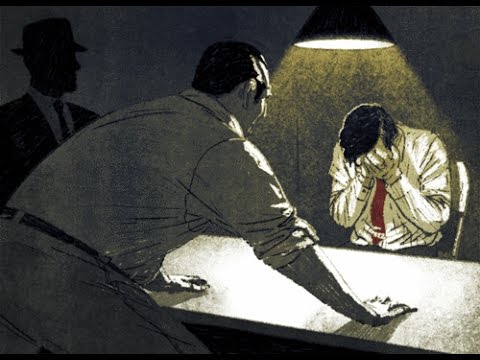The Department of Health’s Medicare integrity division has been ordered to investigate the practices of the NHDS after-hours provider
Federal Health Minister Greg Hunt has announced a “moment of reckoning” for the country’s largest after-hours home-doctor provider after a newspaper published a string of complaints about poor treatment by “unqualified” doctors.
Responding to the Sydney-based Daily Telegraph’s front-page story lashing the National Home Doctor Service, Mr Hunt said he had ordered the Department of Health’s Medicare integrity division to investigate the group.
He also gave a strong hint that a change of rules could limit after-hours home visits to GPs only, as has been urged by the RACGP, a step that could knock the larger part of the NHDS workforce out of action.
He said MBS Review Taskforce Chair Professor Bruce Robinson would bring down recommendations on the sector “in coming weeks” which would seek change the incentive structure and improve protection for patients.
“We want a guaranteed high-quality after-hours service which is overwhelmingly led by GPs,” the minister told journalists on Thursday.
Asked how the public could have faith in after-hours services that used “under-qualified” doctors, Mr Hunt said patients should check on qualifications.
“There are many high-quality GPs who do offer after-hours services and that is something that any member of the public should inquire about – will they be seen by a GP? – when they are seeking these after-hours services,” Mr Hunt said.
“We have said to the sector that reform is coming. This particular organisation has strongly resisted any reform, but these claims are deeply serious, deeply concerning, have to be investigated, and will be investigated.”
He said the investigation would look at questions about quality raised by the newspaper and questions about the integrity of the billing process.
The AMA and the RACGP also had concerns about the sector, “so this is a moment of reckoning”, he said.
The Daily Telegraph’s story relied mostly on rehashing reports and criticisms of the biggest after-hours group that have long been in the public spotlight, including the sharp increase over recent years in billing of “urgent” after-hours items which attract a higher Medicare payment than non-urgent items.
But it also said it had dug up some 230 public complaints from patients posted on internet forums and interviewed patients around the country.
“Hundreds of people have taken to review sites and social media to voice horror stories,” the Daily Telegraph said.
In one case, a patient told of calling the 13SICK service, operated by NHDS, in the middle of the night because she thought she’d had a heart attack.
“Doctor told me (incorrectly) that arm-ache symptoms only occur in one arm. Told me I must have something bacterial. Wrong! I’d had a heart attack,” she claimed.
Another patient was told she was “fine to go to work”, although she had influenza and pneumonia.
The National Association for Medical Deputising Services, which is dominated by NHDS-owned providers, denied the newspaper’s claims that its doctors were not properly qualified.
“Reports in the Daily Telegraph are false. Every doctor that works after hours is fully qualified to do so and is registered with the government’s own registration body – the Australian Health Practitioner Regulation Agency,” the association said in a statement.
“They are fully trained doctors, including emergency specialists and have an average 12 years’ postgraduate experience.
“These doctors drive out in the middle of the night, when GPs are closed and there are no other options but emergency departments, dedicating their time to help patients in need.”
The association statement said that without its services there would be more than one million extra, unnecessary emergency department presentations every year.
“Any instance of inappropriate billing should see the doctor referred to the Professional Services Review for examination – as would be the case for GPs who make inappropriate claims,” it added.
The GP Deputising Association, an opposing group of after-hours providers led by Sonic Health Care companies which split from NAMDS late last year, welcomed news of the crackdown on “highly entrepreneurial” after-hours services.
GPDA President Dr Nathan Pinskier said members were concerned about the rise of business models that were focused on consult volume, instead of the delivery of appropriate after-hours care that complemented, rather than competed with, general practice.
“To support these volume-driven models, it is possible more attention has been paid to the total number of doctors recruited to see patients, rather than truly ensuring these doctors have the required skills and mentorship to practice safely,” Dr Pinskier said.
A spokesperson for the health minister said the government was committed to retaining Medicare funding for after-hours visits by trained GPs “but we need to ensure every service is genuine and every doctor is up to scratch”.
“Providing any health service requires an absolute duty of care, even more so for one funded by the taxpayer.”


